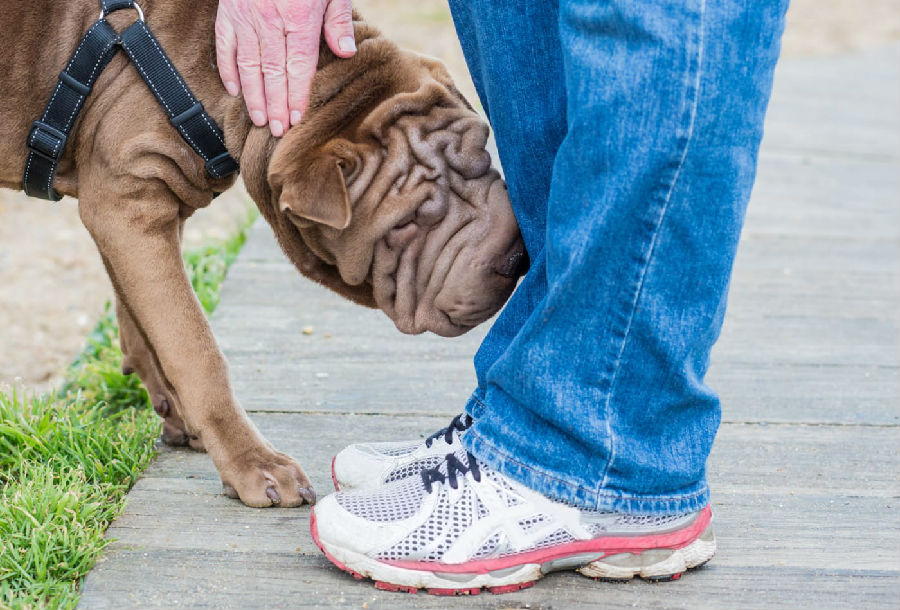Recently at this academy in Ulmen, Germany, army trainers tested a new weapon in the fight against the coronavirus.
最近,在德国乌尔门的这所学院里,军队训练人员测试了一种新的对抗冠状病毒的武器。
German Defense Minister Annegret Kramp-Karrenbauer says this dog training program is a first of its kind.
德国国防部长卡伦鲍尔说,这项训练狗的计划是第一次。
This school is unique for the military but even in an international context it is a special asset that we can offer.
这所学校对于军队来说是独一无二的,但即使在国际背景下,它也是我们可以提供的特殊资产。
Here it is not just people being trained at school, but dogs and people training side by side.
在这里,不仅仅是人们在学校接受训练,还有狗和人并肩训练。
The dogs can't sniff out the actual virus but they can detect the biochemical changes it causes in saliva.
狗不能嗅出真正的病毒,而是可以发现病毒让唾液发生的生物变化。
These dogs produce results with samples as small as 100 microliters.

To put it simply we are investigating whether service dogs can be used to detect COVID-19,
简单地说,我们正在调查工作犬是否可以用来检测COVID-19,
not because they can smell the virus itself but they can smell the bio-chemical processes and the changes caused by the virus.
不是因为它们能闻到病毒本身,而是它们能闻到生化过程和病毒引起的变化。
Kramp-Karrenbauer says while tests are encouraging, studies remain ongoing.
卡伦鲍尔说,虽然测试令人鼓舞,但研究仍在进行中。
I want to make clear here the next steps, like for example differentiating between coronavirus and influenza,
我想在这里说明下一步,比如区分冠状病毒和流感,
or to differentiate an active carrier are all questions to be answered.
或者区分一个活跃的载体,这些都是需要回答的问题。
And so we'll need more months to be able to offer up clear results.
所以我们还需要几个月的时间才能给出明确的结果。
Military dog trainers and the Hanover University of Veterinary Medicine are currently working with a variety of breeds on a rewards-based system
军犬训练员和汉诺威兽医大学通过奖励训练各种品种的狗,
where dogs get treats for properly identifying tainted saliva.
识别出受到污染的唾液可以获得奖励。
Arash Arabasadi, VOA news Washington
阿拉什·阿坝莎迪,VOA新闻华盛顿报道


